Leadership in Russia, creating a form of osmosis with the team and its culture
This interview was conducted before the war in Ukraine, but since then, the Renault group has sold all its activities there. Fabien Goulmy was then marketing director of the LADA brand at Avtovaz for the Renault group.
Fabien Goulmy
TBS 1993
Renault Group Director for Eastern Europe, including Poland, Czech Republic, Slovakia, Hungary and the three Baltic States
 |
Can you tell us about your background?
|
| Russian people are inclined towards vertical execution, but naturally not very inclined towards transversal collaboration.... |
What about your activity in Russia?
I left at the beginning of 2018 as Marketing Director of LADA, in which the Renault group holds a majority stake. I had to implement the marketing standards in force in the group. It was both simple - I had done my previous work in the various marketing professions - and complicated: we were really starting from scratch at LADA. Today, I manage the construction of the commercial ranges, prices, brand strategy, advertising and digital. The factory and most of the offices are in Togliatti, 1000 km east of Moscow. I divide my time between the capital and this charming industrial town of 700,000 people on the banks of the Volga.
What is your personal definition of leadership?
For me, it's the ability to get your employees to adhere to the vision you have of your mission, to make them adhere to the values that drive you. Giving meaning to their work.
What does that mean, how does that manifest itself for you?
Leadership results in the effectiveness of the work of the employees who are under the influence, hierarchical or otherwise, of the person who exercises it. I think that a leader also seeks to surround himself with people who share his values and ethics.
How is it different from being a manager in Russia?
A leader must draw on the values and unique characteristics of the people in which he or she is leading. The recipes for leadership are probably different in Japan, Argentina, Germany and Russia. There must be common points, clarity of expression, capacity for conviction, but also subtleties specific to each geographical area. Without caricature, I can say today from experience, that the Russian people are generally proud. They are devoted to the leader as long as they respect him. They are inclined towards vertical execution, but naturally not very inclined towards transversal collaboration...
Do you have an example or anecdote to illustrate this?
When a vehicle is launched, the different professions involved are brought together in the months preceding the launch: press, product, marketing, training, digital, logistics, etc. to coordinate the actions. At LADA, each profession worked alone, until only the last week when a great deal of energy was required to put the pieces of the puzzle back together, generating enormous stress. I therefore brought the trades together to think about the benefits of anticipation, in order to obtain collective approval for the new organisation to be put in place. In vain, they expressed themselves very little and at the end of the seminar asked me what they should do. They wanted a clear order, given with conviction. Then they adapted and, seeing the benefits of the system, spontaneously reproduced it. .
Is it a plus to be a foreigner to manage in Russia? Or is it more of a handicap to be from another culture?
It is enough to approach things with deep humility, which starts with making the effort to learn the language and practice it with them. Even with a basic command, this is a sign of interest and respect. On the other hand, it is better to avoid talking politics.
| Making the effort to learn the language and practice it with them |
Is it comfortable in Russia for a Frenchman to manage Russian teams?
The French spirit is quite similar to the Russian spirit. Our conviviality favours interpersonal relations. Literature, music and history have blended our two nations for centuries. Russians admire the French art of living, which combines refinement and conviviality. I notice this when recruiting, the fact of being a French company is a plus compared to Korean, Chinese or even German companies. France makes you dream, and our human resources management is more structured with evaluation interviews, career plans and training. The place accorded to women in our companies, which are modelled on the Anglo-Saxon model tending towards parity, is also something that can motivate them. They are often less valued for equal skills in Russian or Asian companies in particular.



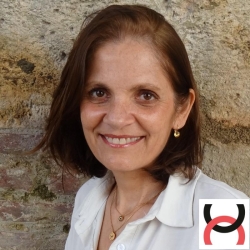
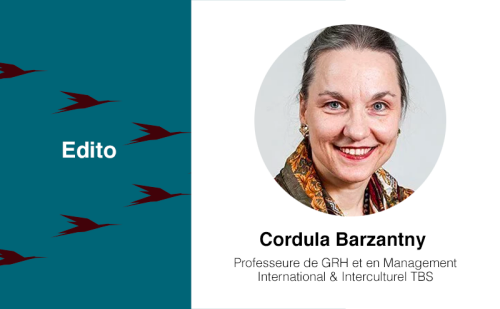
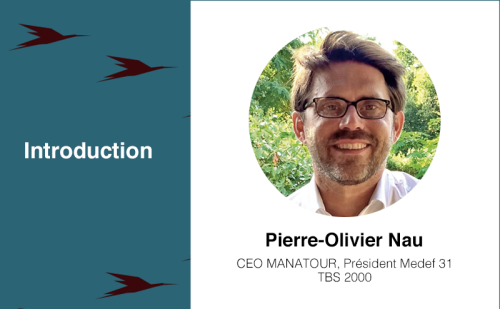

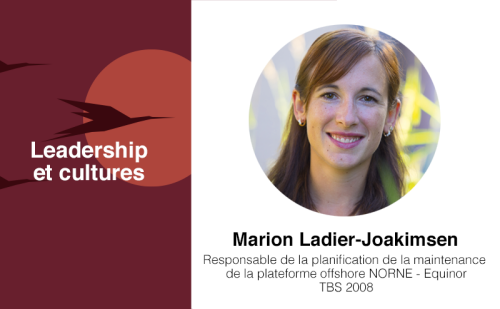
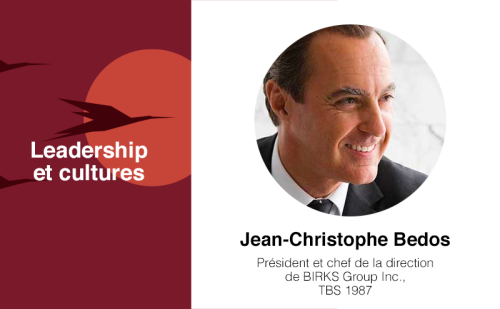
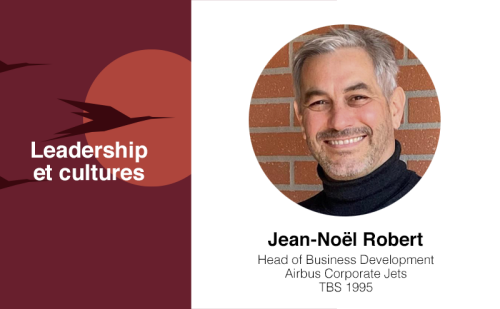
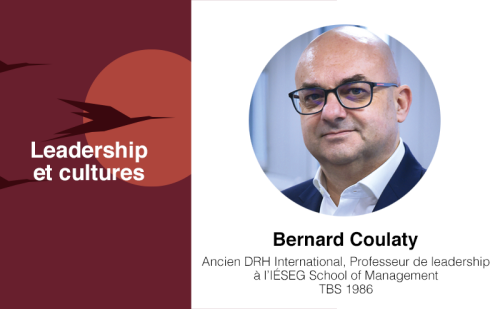
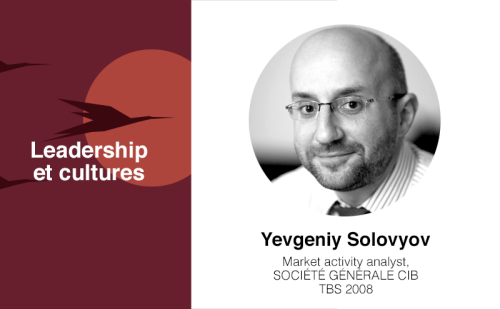


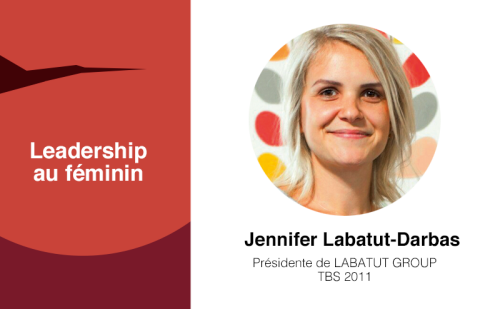
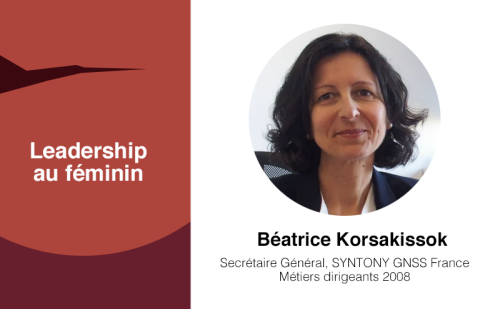




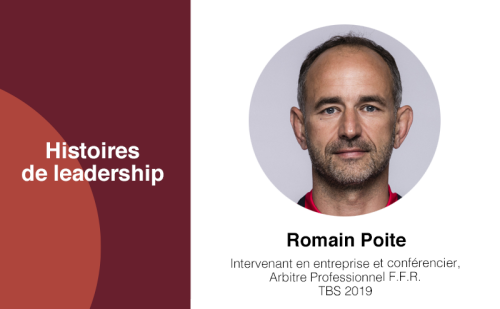
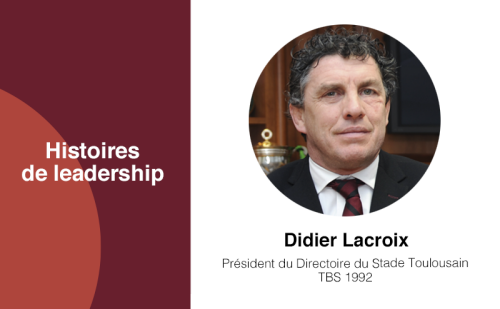

No comment
Log in to post comment. Log in.